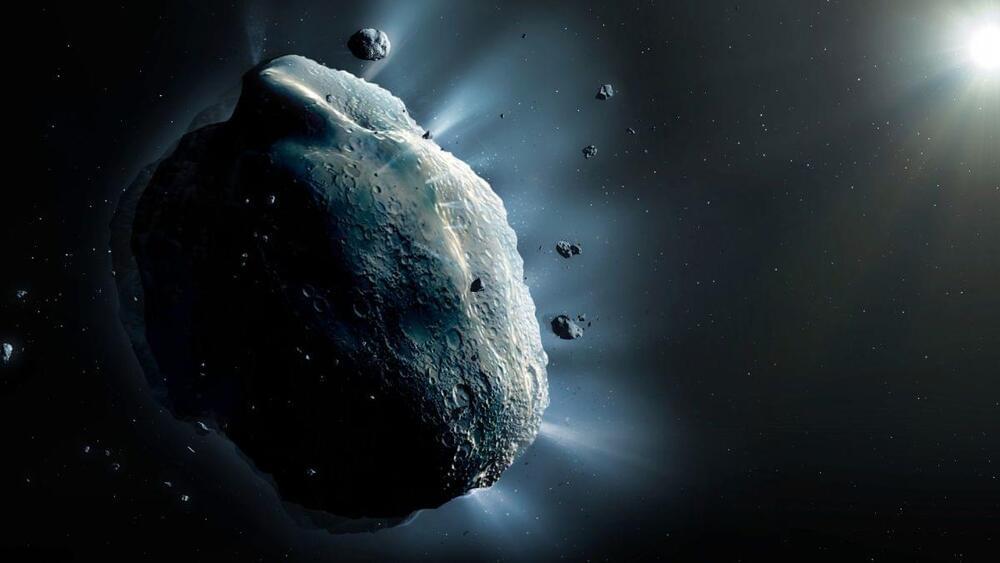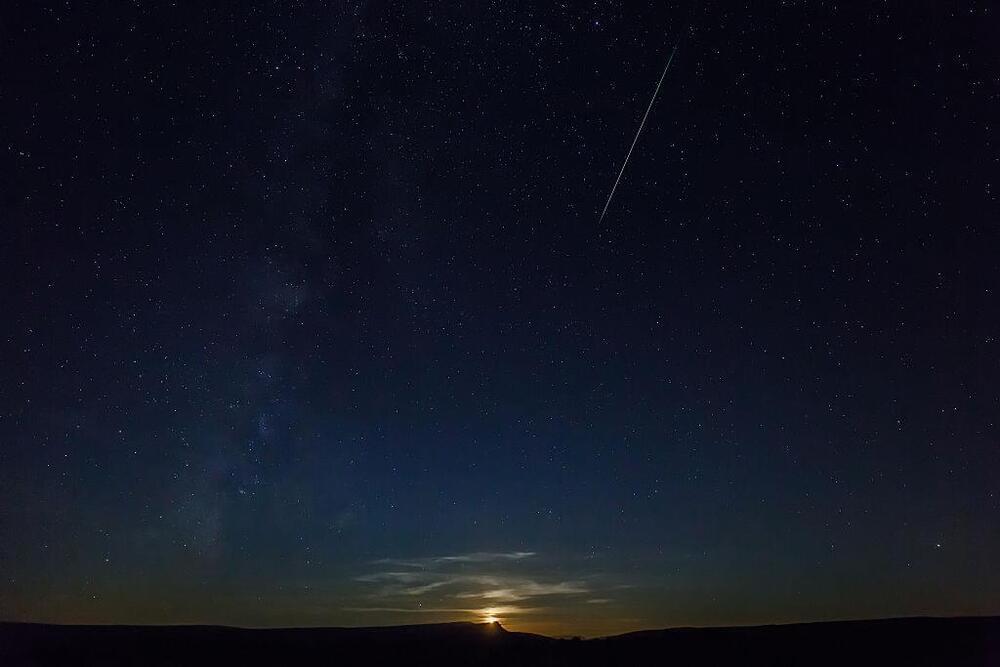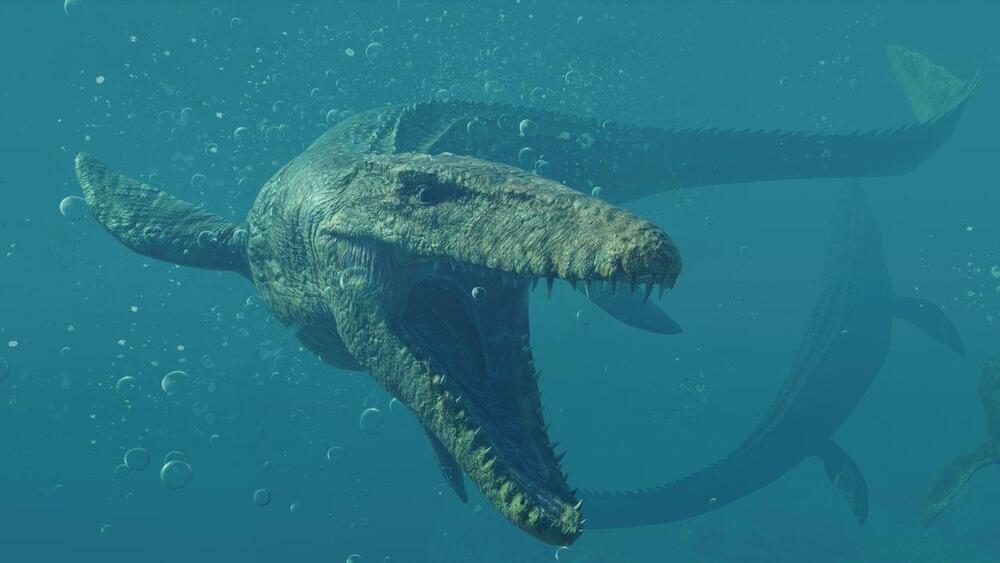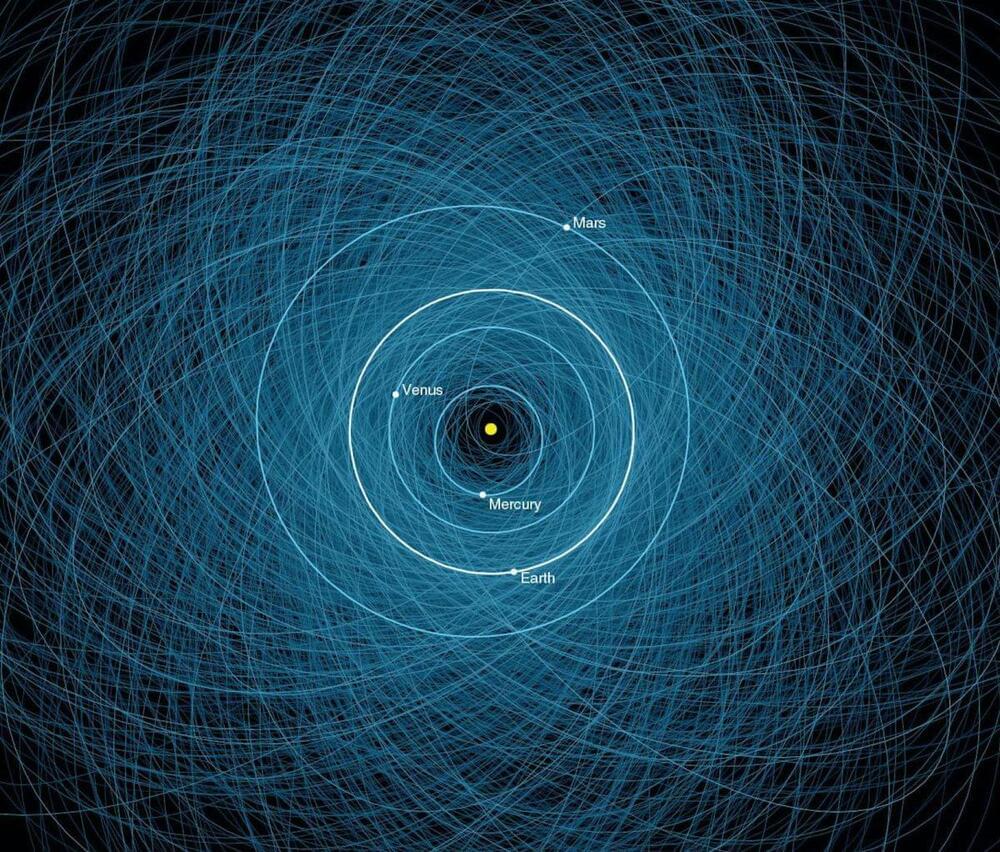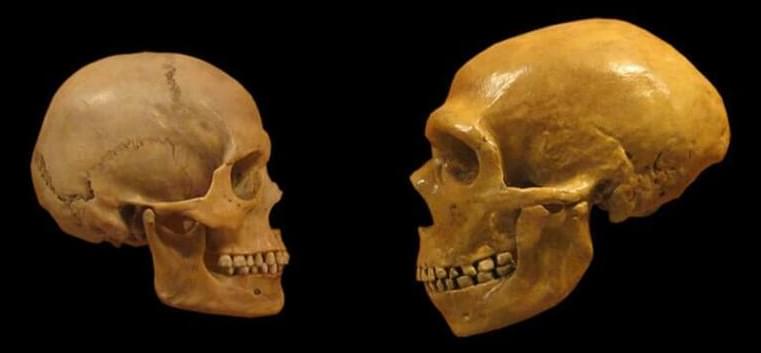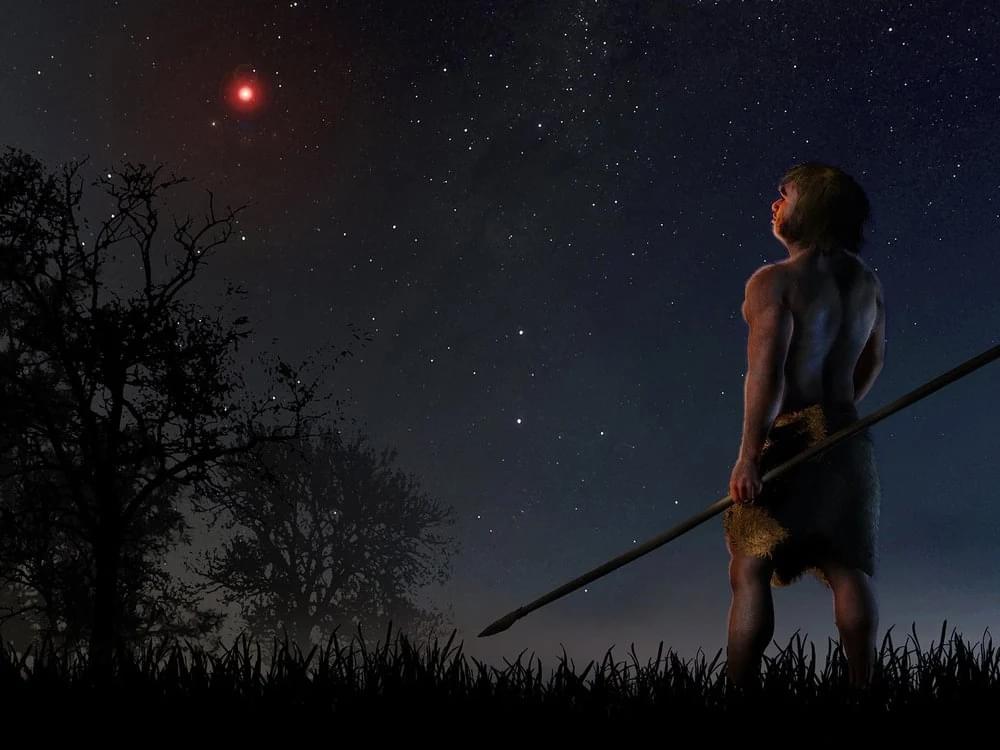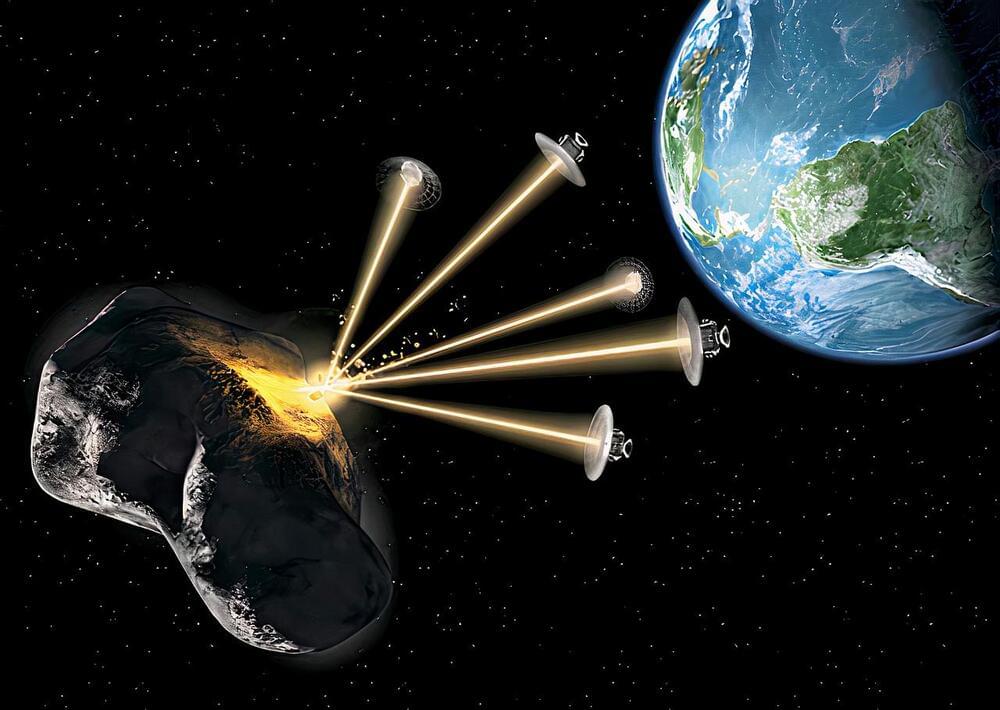May 23, 2022
Asteroid four times the size of the Empire State Building barreling toward Earth on May 27
Posted by Alberto Lao in categories: asteroid/comet impacts, existential risks
The asteroid will zoom safely past Earth at 47,200 miles per hour.
The near-Earth asteroid 7,335 (1989 JA) will make a close approach to our planet on May 27, 2022, flying within about 2.5 million miles of Earth.
